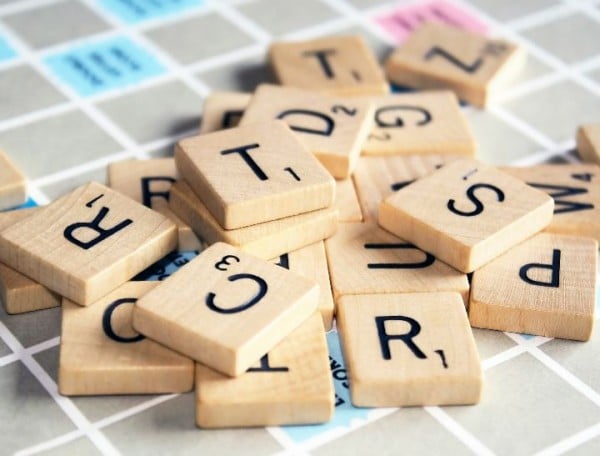
By Lauren Knott, City University London.
New Zealand’s Nigel Richards, who doesn’t speak French, has won the French-language Scrabble world championships.
In the Scrabble world, Richards is considered to be the best player ever, having won the English world Scrabble championships three times, the US national championships five times and the UK Open six times. His latest remarkable feat was achieved after reportedly memorising the entire French Scrabble dictionary in just nine weeks.
LIKE Debrief Daily on Facebook.
Richards is not the only person who has wowed the world with exceptional memory skills.
Dave Farrow is the Guinness World Record holder for greatest memory. In 2007 he spent around 14 hours memorising a random sequence of 59 separate packs of cards (3068 individual cards), looking at each card once. In 1981, Rajan Mahadevan recited from memory the first 31,811 digits of pi, a record that was astonishingly broken by Hideaki Tomoyori in 1987, who recited 40,000 digits.
For those of us struggling to remember what happened a couple of days ago, such innately superior memory capacity is remarkable. The question of whether these people are born with exceptional memory ability or acquire it by deliberate practice has interested both scientists and the general public alike for hundreds of years.
Memory genius comes with practice.
Many books were published in the 1980s and 90s on the topic of genius and exceptional performance, with pioneering research comparing the superior performance of chess experts over beginners.
What became apparent, however, is that although some people were able to recall large amounts of information seemingly effortlessly, their memory was truly exceptional only for materials that were specific to their expertise.
In one study in the 1970s, William Chase and Herbert Simon at Carnegie Mellon University had world chess experts recall the configuration of chess pieces on a chessboard. When the chess experts were shown an actual chess positioned board, their recall of the pieces was far superior to novices. However, with random chessboards, players of all skill level had the same poor recall performance.




























































































